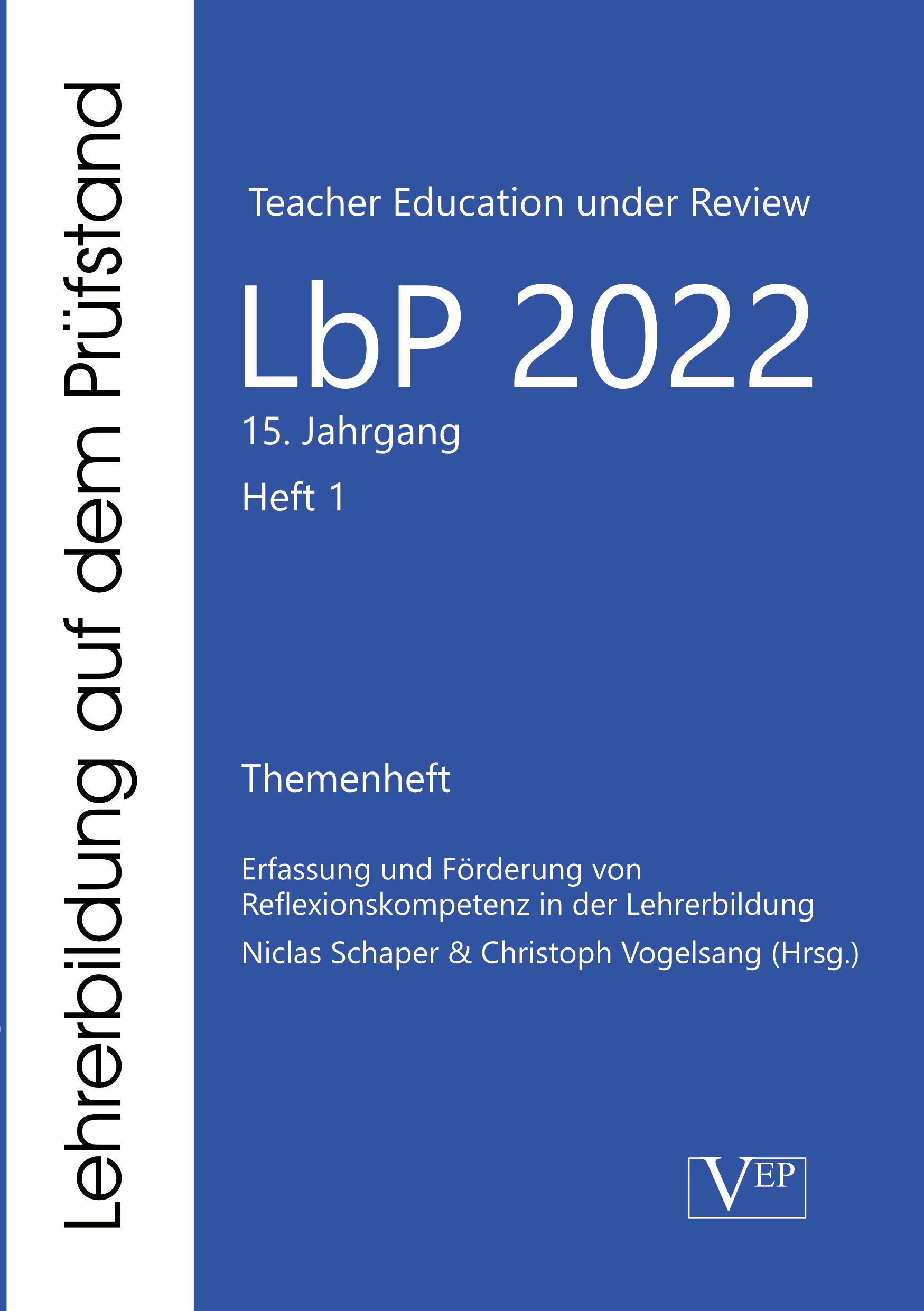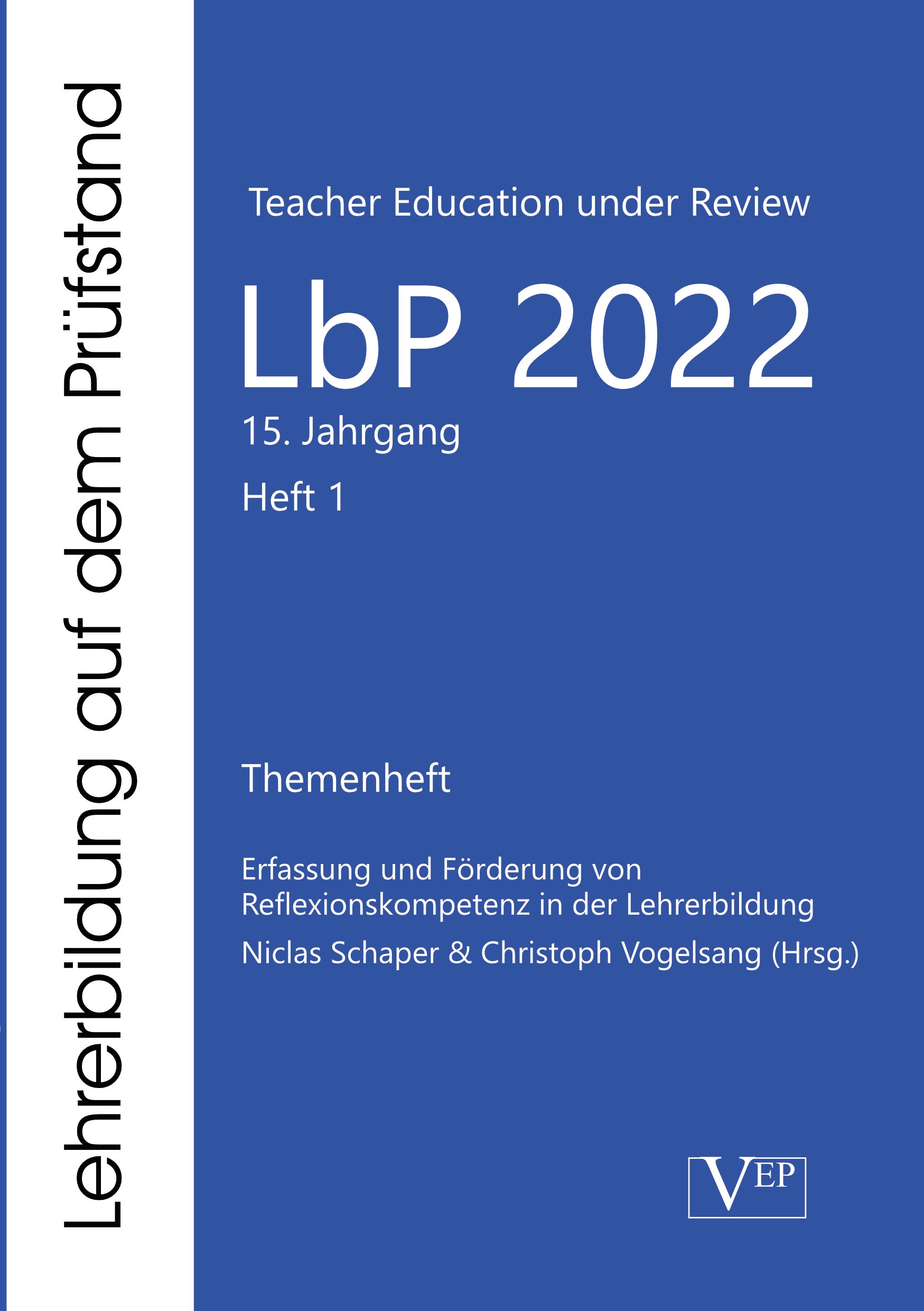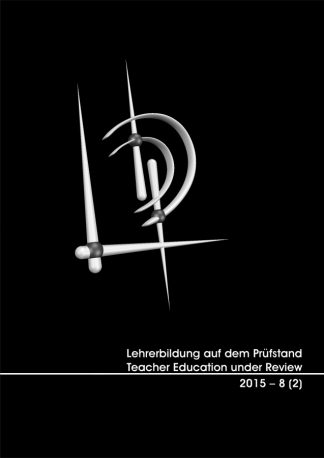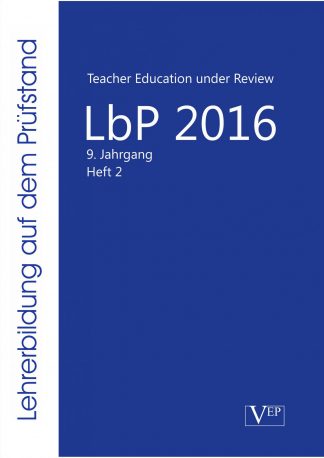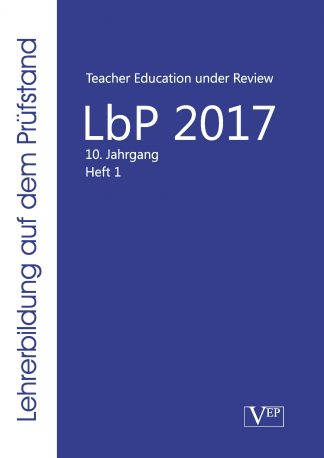Inhalt
Trotz der hohen Bedeutung von Reflexion für die Professionalisierung angehender Lehrpersonen, ist für die Praxis der Lehrerbildung weitestgehend ungeklärt, was und vor allem wie etwas zum Gegenstand von Reflexion gemacht wird. Der vorliegende Beitrag fokussiert die Frage, wie in einem kasuistisch orientierten, universitären Seminarsetting die Anforderung der Reflexion situativ von den Akteur*innen bearbeitet wird. Die Reflexionsgespräche werden als konkrete, in Seminarinteraktionen situierte Praktiken verstanden. Das Datenmaterial stammt aus Videoaufnahmen eines Seminars, das unter der Leitung zweier Dozentinnen die Verknüpfung von erziehungswissenschaftlichen und fachdidaktischen Perspektiven auf Unterricht fokussierte. Reflexionsanlässe boten Unterrichtssimulationen, die von Studierenden in der Lehrveranstaltung durchgeführt wurden. Die sequenziell durchgeführten Analysen der Transkripte bringen die Problematik der Aufforderung zur Selbstreflexion zum Vorschein, die vor allem bezogen auf das institutionelle Setting als eine belastungspotenzierte Form der Reflexion hervorgebracht wird. Über die Bezugnahme auf den Novizenstatus wird zudem eine Legitimationsbasis geschaffen, die sowohl in Bezug auf die Anschlüsse der Peers als auch der Dozentinnen ein möglichst anpassungsfähiges Selbstbild generiert.
Schlagwörter: Praxistheorien – Reflexionsgespräche – Selbstreflexion – Unterrichtssimulation
Despite the great importance of reflection for the professionalization of prospective teachers, it is largely unclear for the practice of teacher training what and, above all, how something is made the subject of reflection. The present contribution focuses on the question of how in a case-oriented, university seminar setting the requirement of reflection is dealt with by the actors in a situational manner. The reflection talks are understood as concrete practices situated in seminar interactions. The data material comes from video recordings of a seminar, which under the instruction of two lecturers focused on the linking of educational and didactic perspectives on teaching. The opportunity for reflection was provided by simulations of lessons carried out by students in the course. The sequential analyses of the transcripts bring to light the problem of the invitation to self-reflection. The problem is primarily caused by the institutional setting as a form of reflection that is potentially stressful. By referring to the novice status, a legitimation basis is created that generates a self-image that is as adaptable as possible with regard to the peers as well as the lecturers.
Keywords: reflection talks – self-reflexivity – teaching simulation – theories of practice
